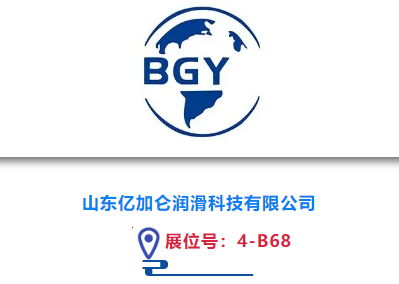
A team of researchers at Purdue University and Bechtel unveiled a potentially disruptive cooling technology for heating, ventilation, and air conditioning, or HVAC, systems, leading to substantial power savings in manufacturing and industrial buildings.
Marketed commercially as Crescendō, the technology uses a “regenerative” cooling cycle that captures energy that is lost in currently available cooling systems.
“Initial results [of using this technology] show 5% higher efficiency in refrigeration systems,” said David Ladd, Senior Solutions Analyst at Bechtel. “Refrigeration is underappreciated. To me and you it’s invisible, but 10% of the world’s greenhouse gases come from HVACs.”
The research, published in the peer-reviewed Proceedings of the International Congress of Refrigeration, finds that “the benefit achieved by better refrigerant distribution is quantified by a slightly different pinch point temperature in this paper, and the results show near 5% of power savings can be made possible...”
A pinch point is the temperature difference between a refrigerant and surrounding air. The results of the paper scale up depending on the temperature in the experiment. Meaning, variations in temperature could unlock greater energy savings.
The patented technology was invented at Bechtel and research on the first prototype was conducted by team of undergraduate students at Purdue University.
“The Herrick Laboratories are at the forefront of assessing emerging refrigeration technologies,” said Dr. Davide Ziviani, Assistant Professor of Mechanical Engineering and co-principal investigator of the project along with Dr. Eckhard Groll. “The collaboration with the Bechtel team led to the development of a state-of-the-art hydrocarbon-based experimental setup to demonstrate the feasibility of the technology. During this process, several students have benefitted from the learning experience, which is ultimately our mission as educators.”
Bechtel continues to develop Crescendō to enhance its offering and understanding of building systems for advanced manufacturing such as semiconductor fabs and battery production facilities.
“Crescendō has a potential application anywhere energy is used for HVAC systems,” said Ladd.
In addition to power efficiency, this technology helps the environment by leveraging less-toxic refrigerants that cause fewer greenhouse gas emissions.
Because of the energy recovery potential, Crescendō could lead to increased adoption of carbon dioxide as a refrigerant rather than hydrocarbon-based refrigerants used today.
More efficient systems or different refrigerants also create the potential for smaller footprints for building systems with more room for other types of equipment, and opportunities to use different types of land areas.
Together, Bechtel and the Purdue team are researching further and building a commercial prototype of the technology inside a small-building air conditioner.
“Additional research is needed to optimize the cycle and its components,” said Ziviani. “However, the initial promising results can open the doors for next generation environmental-friendly refrigeration systems for many applications.”
Bechtel hopes the technology has the potential to change cooling forever.
“We believe in a community-approach to achieving efficient cooling. We want to hear from anyone wishing to join us on this mission,” said Ladd.
Read Highlights from the 26th International Congress of Refrigeration 2023






















